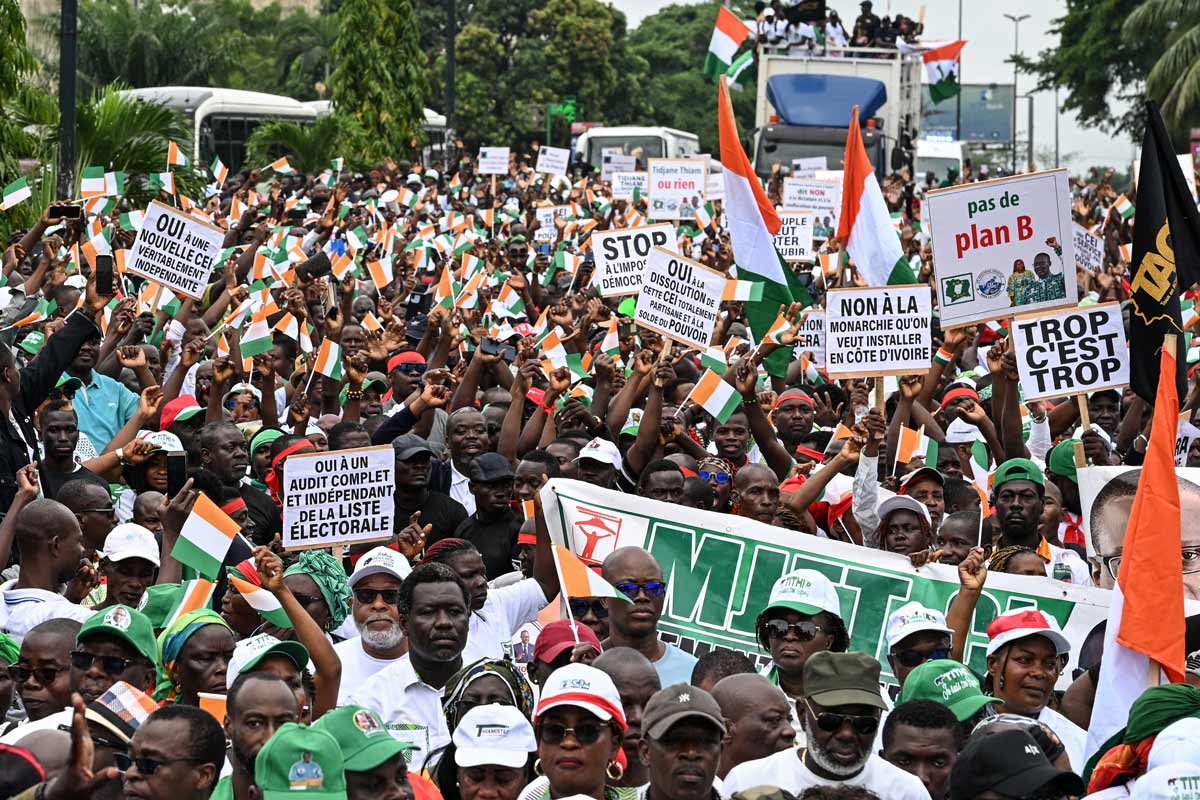
Ivory Coast, the world’s leading cocoa producer, is set to hold a presidential election on October 25, observers say. Incumbent Alassane Ouattara, 83, is widely expected to win a fourth term, citing his experience to tackle economic and security challenges.
Ouattara faces four candidates, including two former ministers, a past government spokesperson, and ex-first lady Simone Gbagbo, none backed by major parties. Exclusions of Laurent Gbagbo and former Credit Suisse CEO Tidjane Thiam have drawn criticism and fueled opposition concerns over democratic fairness.
Thiam was barred from running due to holding French nationality, which Ivorian law disallows, leaving Ouattara heavily favoured to win outright. Investors monitor the vote closely, attracted by Ivory Coast’s fast-growing economy and some of Africa’s strongest performing international bonds.
The government has diversified debt instruments, issuing Japan’s ESG-certified samurai bond, a regional currency bond, and Africa’s first sustainability-linked loan. Election-related violence remains a risk, with past polls triggering deadly clashes, including the 2010 crisis that killed thousands of Ivorians.
The 2020 vote saw 85 deaths after the opposition boycotted Ouattara’s third-term run, heightening investor caution ahead of the latest election. Economic pressures persist, with cocoa production declining due to ageing trees, disease, climate change, and small-scale gold mining disruptions.
The EU’s anti-deforestation law could further challenge exports, requiring proof that cocoa shipments do not contribute to deforestation across West Africa. Security threats from militant groups in the Sahel could also weigh on growth, testing the resilience of Ouattara’s government and policies. Analysts note seasoned investors may weather electoral instability, but newcomers could react nervously to unrest or sudden policy shifts in Ivory Coast.
